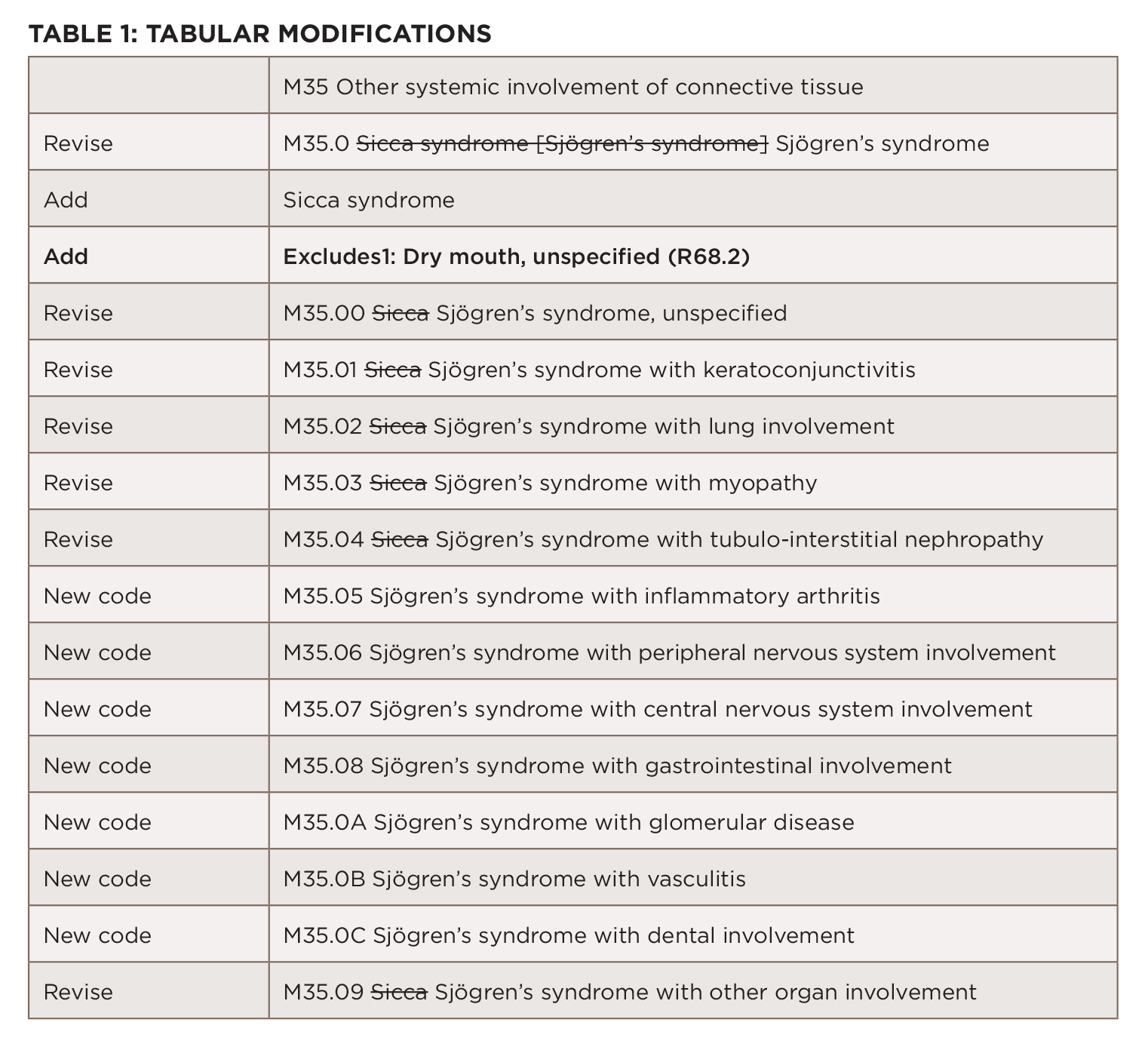

#Icd 10 insomnia severe code
Secondary insomnia is a sleeping problem due to another condition.Ĭode 327.01 is assigned for insomnia due to a medical condition classified elsewhere, and code 327.02 is assigned for insomnia due to a mental disorder. Primary insomnia (307.42) is sleeping problems not directly associated with any other health condition or problem. Insomnia may be described as primary or secondary. Insomnia unspecified is classified to code 780.52, and insomnia with sleep apnea goes to code 780.51.

Some common symptoms of insomnia include difficulty falling asleep, waking up often during the night, trouble getting back to sleep, waking up too early, daytime fatigue or sleepiness, irritability, depression, anxiety, difficulty focusing on tasks, increased errors or accidents, and tension headache. Insomnia is more common in older people due to a change in sleep patterns, a change in activity, a change in health, or an increase in medication usage. Insomnia may affect a person’s energy level, mood, health, work performance, and quality of life. Chronic insomnia occurs at least three times per week for one month or longer. Acute insomnia is generally considered short term, lasting one night to a few weeks. Insomnia can be classified as acute or chronic. In addition, it may take 30 or more minutes to fall asleep at night.

However, people with insomnia may get only six or fewer hours of sleep per night three or more times per week. Most people need seven to eight hours of sleep per night. People with insomnia will awaken unrefreshed, which may eventually cause disruption during their day. Insomnia is a sleeping disorder that makes it difficult for someone to fall asleep and/or stay asleep.


 0 kommentar(er)
0 kommentar(er)
